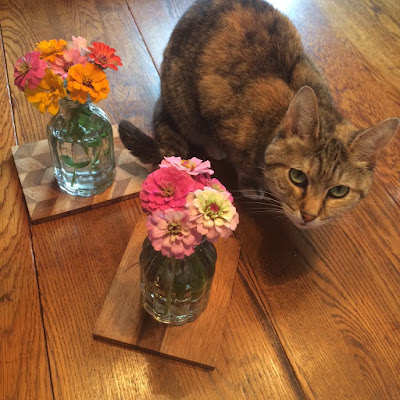I prefer stories with happy or hopeful endings and I’m always on the lookout for good books in that category. Last year, I came across a list of books with happy-ending stories. Many of my favorite books were there and so I knew this large list was good news for my bookish self. The list recommended the books of Winston Graham, just as Masterpiece Theatre announced that they would be producing a series based on Graham’s most well-known work: Ross Poldark. I picked up the first books in Graham’s Poldark series in advance of the PBS airing. I loved them at once.
Set in Cornwall in the late 1700s, the series opens as Captain Ross is returning from service in His Majesty’s army in the American colonies. Ross is a gentlemen, but more aware then most men about the dangers of class division. He returns from the war a thoughtful man, hoping to marry the woman he left behind and take his place in Cornish society. Instead, he discovers that his love is set to marry his cousin, his father has died, and his estate is in ruins.
Things can only improve.
They do, amidst beautiful descriptions of the Cornish landscape and keen observations about class and obligation in late 1700s England. The series has a total of twelve novels written over a span of fifty years, starting in 1945. They are beautifully written, with well-developed characters and thoughtfully explored plot lines. Graham understands human nature and all its complications; he has an appreciation for the natural world. His heroic characters are distinctly human. The less admirable figures are presented as fully developed so that the reader understands their motivations even as they remain unsympathetic. There is drama amongst the Cornish landscape but also humor, happiness, and an arc toward hope.
The Four Swans, which I read this month, is the sixth novel in the series and is about four women whose lives intersect with Ross Poldark. Graham understands the limitations placed on women in the world of the 1790s and though these women are not empowered in the traditional sense, they are influential in their worlds.
I started October reading this novel. Reading it amidst the candidacy of Hillary Clinton on the cusp of being elected our first female president, while the latest revelations about Donald Trump’s behavior toward women swirled around us, found me especially thoughtful about the narrow path women still must walk in this world. Our lives aren’t constrained like the women in 1700s Cornwall, but its clear that we are not yet accorded the privilege of wealthy and empowered men.
The Four Swans didn’t leave me thinking only about 2016 politics. It was all that I have come to expect from Graham’s novels: an engaging diversion from my world, a story that is diverting and thoughtful.
That’s happy.

































